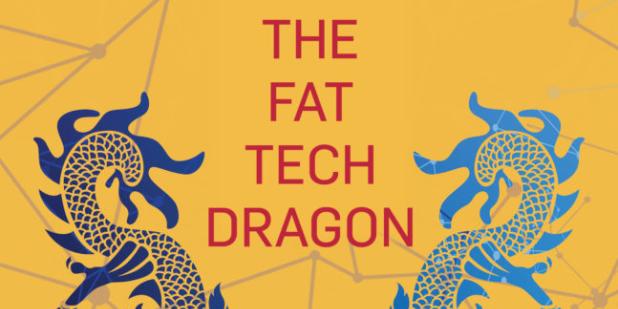Happy Lunar New Year from the USC US-China Institute!
The Fat Tech Dragon: Commercial and Strategic Implications of China's Hi-Tech Drive
Harvard University's Fairbank Center for Chinese Studies hosts a talk with Scott Kennedy on his newest book, The Fat Tech Dragon: Benchmarking China's Innovation Drive.
When:
March 27, 2018 4:00pm to 6:00pm

China’s high-tech drive has drawn both fierce criticism for being unfair and breathless praise for its recent successes. This presentation attempts to cut through the hyperbole on both sides to examine the evolution of China’s high-tech policies and its recent performance record. Chinese technology policy has indeed become more discriminatory, but China’s actual performance record varies across sectors, as do the implications for the United States and the global economy. American policy needs to take this mixed record into account in crafting an appropriate and effective response.
Scott Kennedy is deputy director of the Freeman Chair in China Studies and director of the Project on Chinese Business and Political Economy at CSIS. A leading authority on China’s domestic and international economic policy, Kennedy is the author of The Fat Tech Dragon: Benchmarking China’s Innovation Drive (CSIS, 2017); (with Chris Johnson) Perfecting China Inc.: China’s 13th Five-Year Plan (CSIS, 2016), and The Business of Lobbying in China (Harvard University Press, 2005). He has edited three books, including Global Governance and China: The Dragon’s Learning Curve (Routledge, 2017), and Beyond the Middle Kingdom: Comparative Perspectives on China’s Capitalist Transformation (Stanford University Press, 2011). For over 14 years, Kennedy was a professor at Indiana University, and from 2007 to 2014, he was the director of the Research Center for Chinese Politics & Business. Kennedy received his Ph.D. in political science from George Washington University, his M.A. in China studies from Johns Hopkins School of Advanced International Studies, and his B.A. in foreign affairs from the University of Virginia.
Photo from the Harvard Fairbank Center for Chinese Studies
Featured Articles
January 4, 2024
We note the passing of many prominent individuals who played some role in U.S.-China affairs, whether in politics, economics or in helping people in one place understand the other.
Events
Thursday, March 21, 2024 - 4:00pm PST
Ying Zhu looks at new developments for Chinese and global streaming services.
Tuesday, March 19, 2024 - 4:00pm
David Zweig examines China's talent recruitment efforts, particularly towards those scientists and engineers who left China for further study. U.S. universities, labs and companies have long brought in talent from China. Are such people still welcome?






